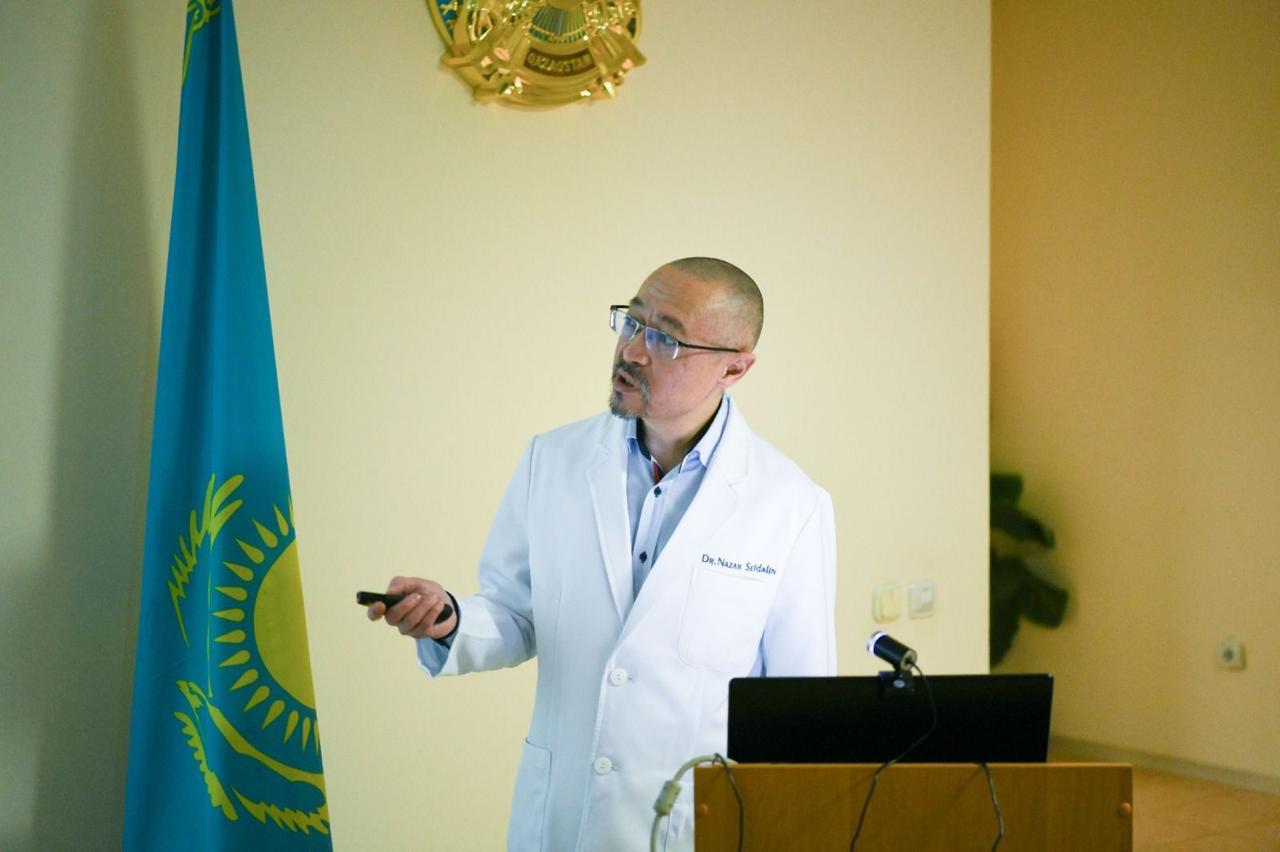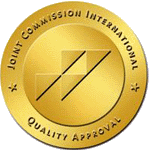Chief Oncologist of the Medical Center Hospital of the President’s Affairs Administration of the Republic of Kazakhstan: 75% of Cancer Causes Lie in Our Lifestyle

Every day, more than 100 people in Kazakhstan hear a frightening diagnosis — cancer. And 36 people die. These numbers are more than just statistics — they represent someone’s mother, father, brother, sister, or friend.
In 2023, 37,038 new cases of cancer were registered in Kazakhstan, and 12,958 people died from the disease. That’s equivalent to the population of a small town — lost in just one year, to cancer alone.
Nazar Seydalin, Chief Oncologist at the Nuclear Medicine Center of the Medical Center Hospital of the President’s Affairs Administration of the Republic of Kazakhstan, explained which factors can influence the development of the disease and what we can do to prevent it.
According to him, risk factors are divided into two groups — controllable and uncontrollable.
“Genetics and environment are circumstances we can hardly influence. But there are controllable risk factors. These are primarily behavioral factors, which, according to modern data, account for up to 75% of chronic non-communicable diseases, including cancer. The key ones are smoking, alcohol consumption, obesity, and low physical activity. I would also include psychological state as a controllable factor, since it shapes our lifestyle,” the doctor explains.
In Nazar Karimovich’s opinion, a lot depends on our mindset and mental state.
“Our lifestyle directly depends on this: what we eat, whether we have bad habits, how we respond to stress. A person focused on positivity and self-development is more likely to choose healthy habits — they watch their diet, exercise, and manage stress constructively. On the other hand, someone living in chronic negativity, anxiety, or internal conflict will eventually seek comfort in food, alcohol, smoking, or other addictions. The psyche tries to ‘patch the hole,’ but does so through destructive coping mechanisms. And thus begins the chain reaction leading to disease — from hypertension to cancer,” says the oncologist.
If a person does not take care of themselves, does not listen to their body and ignores its signals — they won’t go for a check-up. There are always excuses: “no time,” “not now,” “I’ll go later.” This mindset holds until things get truly serious. Then comes shock, fear, panic, and expensive, exhausting treatment.
Illness is not always within our control. But the choice — to take care of ourselves or to live in denial — is always ours. Don’t wait until it hurts. Start small: book a screening appointment.




